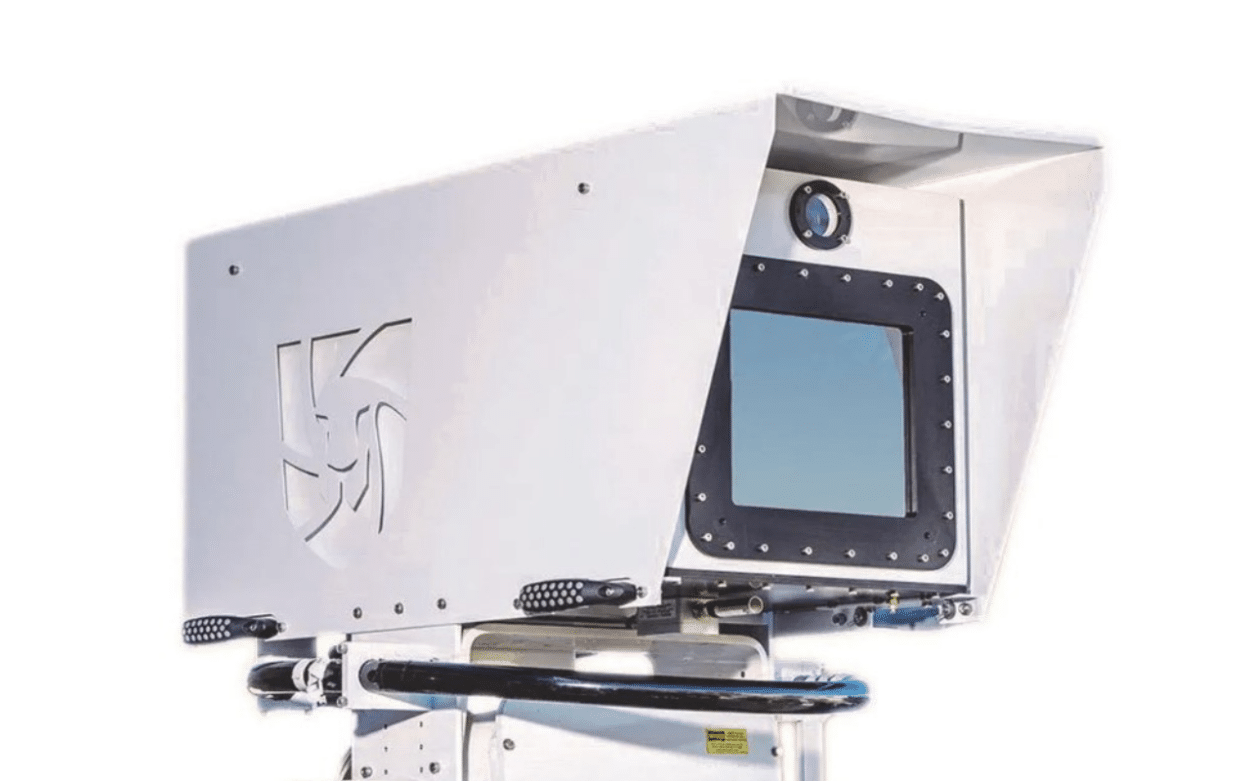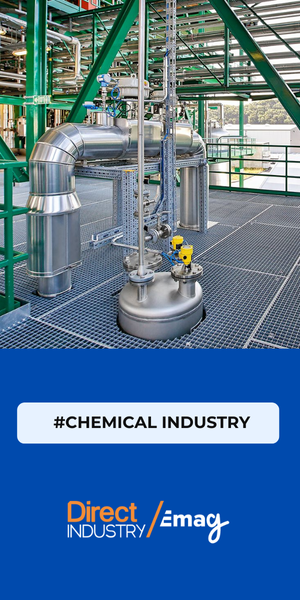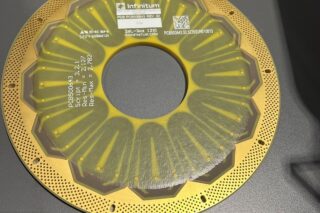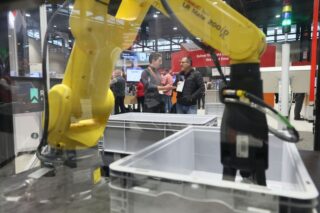Understanding and addressing carbon footprints is paramount, and the introduction of Honeywell‘s Rebellion Camera heralds a groundbreaking solution to this critical challenge. Its ability to transform emission monitoring and management in real time promises both environmental gains and sustainable economic benefits.
The mounting pressure to remain relevant in the market is undeniable as the pursuit of lower carbon intensity gains momentum and stakeholders, investors, and CEOs are committed to carbon neutrality.
With regulations like IRA and the European market’s CBAM (Carbon Border Adjustment Mechanism) gaining prominence, the focus on emissions reduction is intensifying.
For Ravi Srinivasan, VP GM, Emission Management at Honeywell,
“Organizations must take proactive steps to safeguard profits, avoiding potential fines. Simultaneously, global regulators are emphasizing a collaborative approach. Incentives accompany penalties, encouraging businesses to transition towards a zero-emission future.”
How to support these businesses in their net-zero journey? At present, carbon footprint reporting often takes place at the enterprise level, frequently within scope two and scope three classifications. However, precise emission sources remain elusive for many organizations, and the accuracy of data is often compromised due to the lack of real-time measurement capabilities.
“A pivotal starting point is understanding the baseline footprint. The shift from factor-based calculation to real-time direct measurement aids customers in accurately baselining carbon emissions. This foundation informs reduction strategies.”
The company has recently launched its new Rebellion camera which seeks to bridge this gap by transitioning from factor-based calculations to direct, real-time measurements. This paradigm shift significantly enhances the accuracy of baseline carbon emissions, setting the stage for effective reduction strategies.
Transforming Emission Monitoring and Management
Current leak detection methods in industries such as oil and gas are very manual and involve a sizable workforce and periodic site visits. This often results in missed emissions between inspections.
“Customers normally do it once a quarter or sometimes once in six months to understand where the leaks are in the plant. And then they extrapolate for the last 3 to 6 months to evaluate the level of leaks.”
Honeywell’s Rebellion automatically detects methane leaks as they happen. This immediate awareness allows for timely intervention and the generation of work orders for repairs, significantly minimizing the environmental impact of the leaks and even converting lost methane into revenue.
“Customers no longer have to wait 3 to 6 months to detect a plant leak. They can now instantly measure all methane leaks in real-time, considering their substantial contribution to global warming. This empowers customers with timely information, enabling us to generate work orders for prompt leak repairs. This capability significantly addresses leak issues, which holds immense value for our customers in mitigating their environmental impact.”
The camera’s versatility further enriches its application. With its wide range of up to a mile and 360-degree rotation capabilities, Rebellion offers a comprehensive view of emissions. This adaptability is especially beneficial in large-scale settings like refineries, where numerous critical assets need monitoring.
According to Honeywell, Rebellion is not confined to methane detection alone. It encompasses a spectrum of gases, further enhancing its utility and relevance across industries.






![Image [BUYING GUIDE] How to Choose the Right Industrial Robot?](/wp-content/uploads/sites/3/Industrial-Robot-320x213.jpg)

![Image [Buying Guide] How to Choose the Right Safety Shoes?](/wp-content/uploads/sites/3/Safety-Shoes-320x213.jpg)


![Image [Buying Guide] How to Choose the Right AMR?](/wp-content/uploads/sites/3/AMR-320x213.jpg)